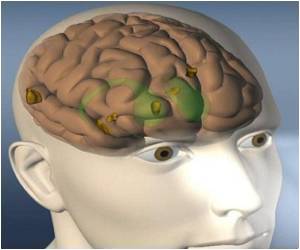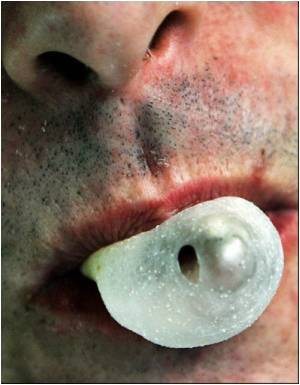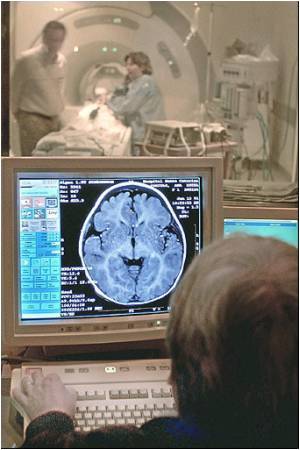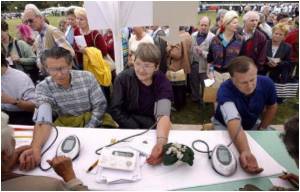A recent study has pointed out that active participation in learning helps boost memory.

"Having active control over a learning situation is very powerful and we're beginning to understand why," said University of Illinois psychology and Beckman Institute professor Neal Cohen, who led the study with postdoctoral researcher Joel Voss.
"Whole swaths of the brain not only turn on, but also get functionally connected when you're actively exploring the world," added Cohen.
The study focused on activity in several brain regions, including the hippocampus, located in the brain's medial temporal lobes, near the ears.
To better understand how these brain regions influence active versus passive learning, Voss designed an experiment that required participants to memorize an array of objects and their exact locations in a grid on a computer monitor.
A gray screen with a window in it revealed only one object at a time. The 'active' study subjects used a computer mouse to guide the window to view the objects.
Advertisement
The 'passive' learners viewed a replay of the window movements recorded in a previous trial by an active subject.
Advertisement
The study found significant differences in brain activity in the active and passive learners.
Those who had active control over the viewing window were significantly better than their peers at identifying the original objects and their locations, the researchers found.
To identify the brain mechanisms that enhanced learning in the active subjects, the researchers repeated the trials, this time testing individuals who had amnesia - a disease characterized by impairment in learning new information - as a result of hippocampal damage.
To the surprise of the researchers, these participants failed to benefit from actively controlling the viewing window.
"These data suggest that the hippocampus has a role not just in the formation of new memory but possibly also in the beneficial effects of volitional control on memory," the researchers wrote.
"Lo and behold our friend the hippocampus makes a very conspicuous appearance in active learning," noted Cohen.
The new findings challenge previous ideas about the role of the hippocampus in learning, Voss said. It is a surprise, he said, that other brain regions that are known to be involved in planning and strategizing, for instance, "can't do very much unless they can interact with the hippocampus."
The study is published in the journal Nature Neuroscience.
Source-ANI













